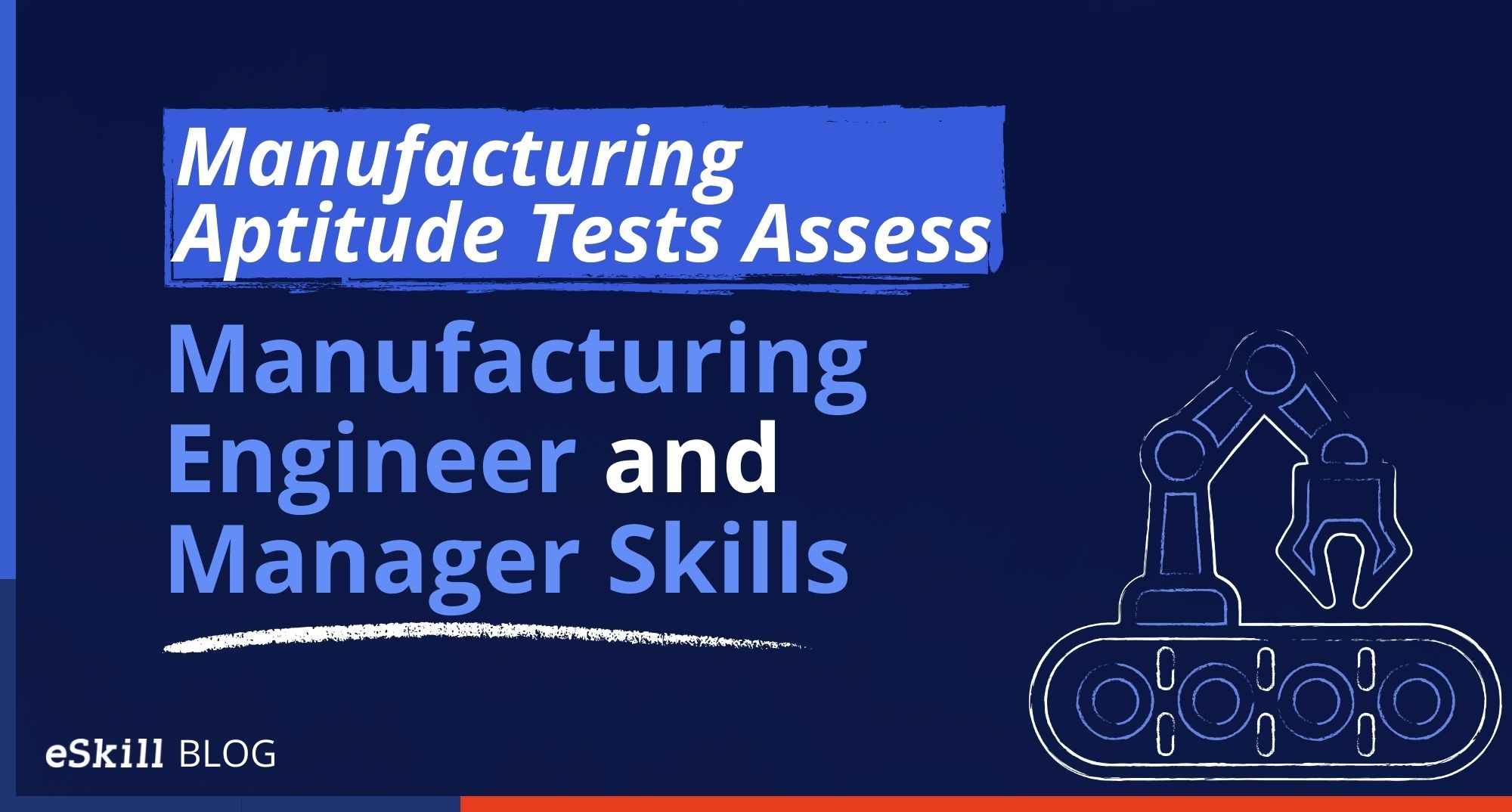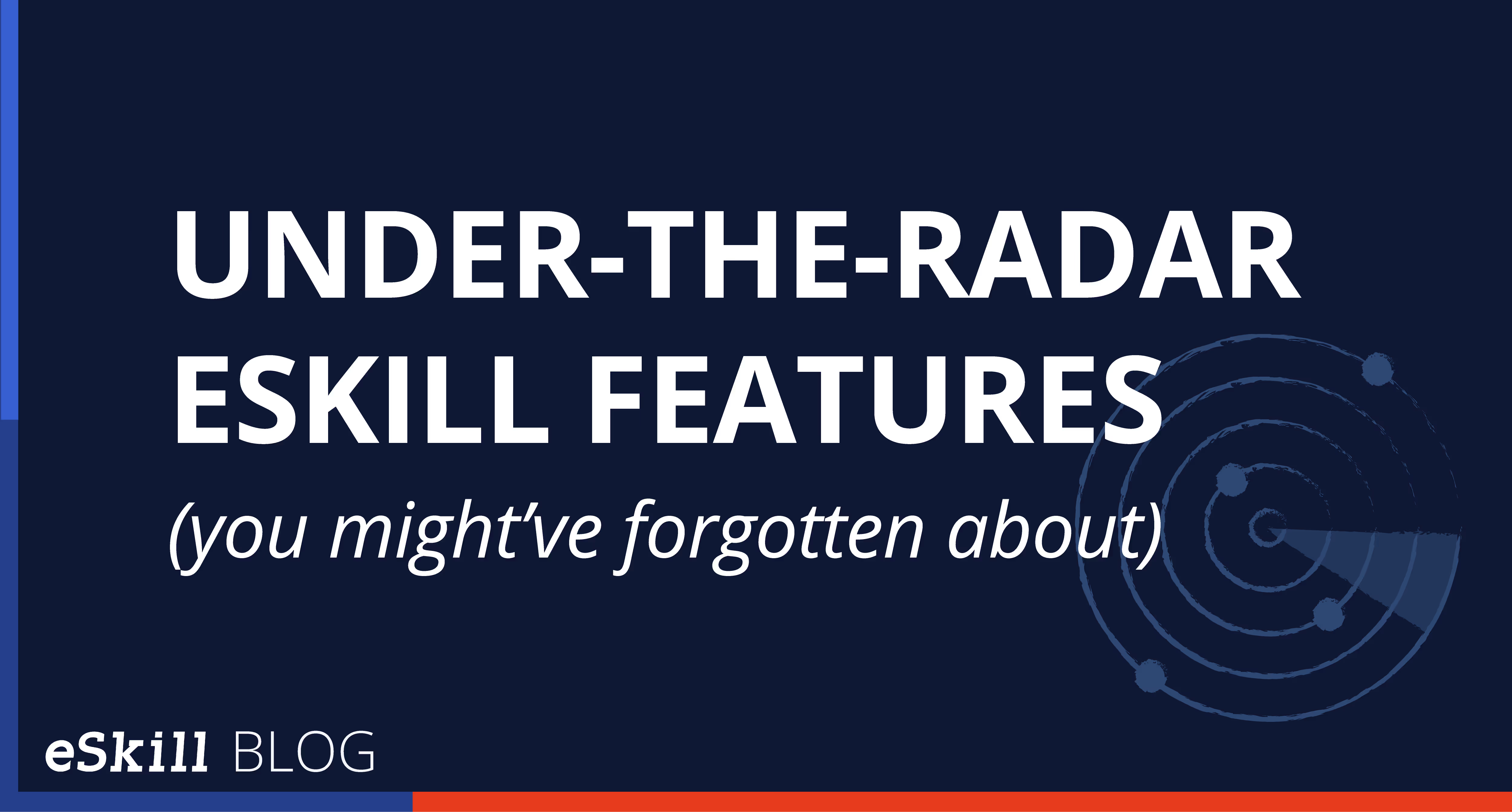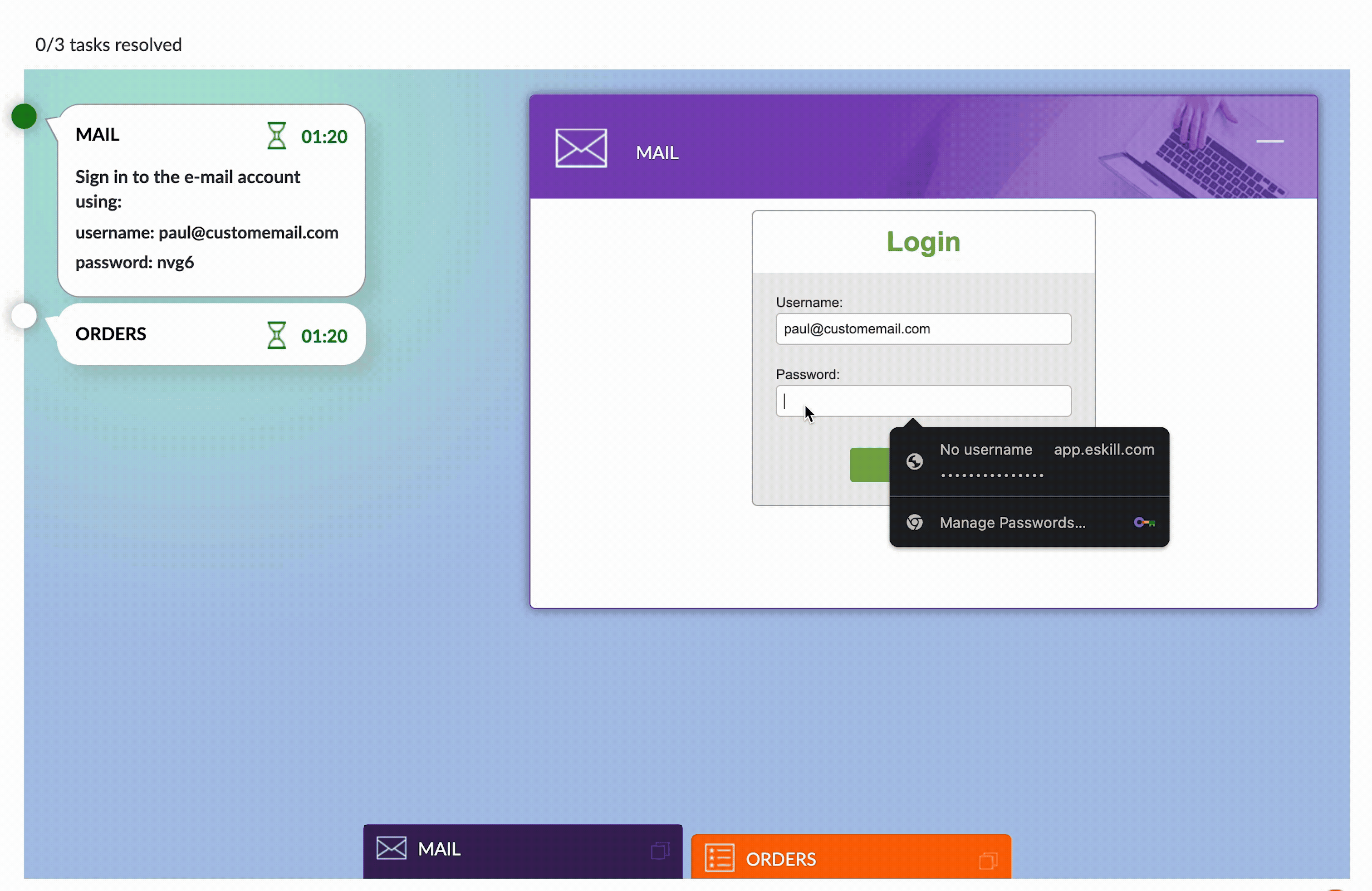According to ResumeLab, 67% of recruiters consider a lack of quality and skill to present the most significant hiring challenge. This lack is due to a large employee skills gap and an increasing reliance on technology for manufacturing processes.
While some employers have responded by relaxing their hiring protocols, it is important to note that the average cost of hiring a new employee is just over $4,000. This figure does not even include the expenses of onboarding and training that employee!
Before you commit to a manufacturing engineer or managerial candidate, you must determine whether they are well-suited for the position, a quality we call Job Fit. Making the wrong decision can be just as detrimental to your business as leaving the job vacant, if not more so.
A manager or manufacturing engineer who does not have the skills necessary to fulfill their job duties can damage employee morale, create workplace safety hazards, and open your business to substantial civil liability.
While interviews, resume reviews, and other traditional hiring tactics can provide insights into prospective employees, they do not reveal everything you need to make the right decision.
You should include pre-employment testing in your hiring process to gain a complete picture of a candidate’s abilities. Specifically, incorporate basic manufacturing skills tests and aptitude assessments, as these exams are most relevant to your industry.
Benefits of Pre-Employment Testing
There are many notable advantages to a pre-employment testing program. One of the most appealing benefits is that it allows your staff to accelerate the hiring process.
You can schedule pre-employment testing early in the evaluation process to rule out unsuitable candidates and identify the strongest applicants. This process is especially helpful if you receive a large number of resumes.
Industry-specific assessments like a manufacturing aptitude test can also reveal the quality of a candidate when referencing their skills.
Your hiring team will have access to each candidate’s skills test scores. They will be able to ask more specific questions directly related to the assessment results while also having the chance to see each candidate’s performance in detail.
Common Types of Pre-Employment Tests
Before modifying your existing hiring protocols, it is important to outline the various types of pre-employment tests available. The most common categories of assessments include:
- Skills testing
- Physical ability testing
- Cognitive ability testing
- Personality testing
- Emotional intelligence testing
When selecting which testing methods to incorporate into your hiring assessment, consider the unique responsibilities of each vacancy.
For instance, an engineering manager should be tested on manufacturing job skills, emotional intelligence, and cognitive ability. This group of tests will provide insight into their job-specific skills, ability to communicate with subordinates, and overall aptitude.
eSkill offers a premade library of over 800 different skill tests from which you can choose and combine, from HVAC Skills to Business Communication.
How to Test for Managerial and Manufacturing Job Skills
Of the many categories of assessments, skills testing is one of the more useful options. These assessments gauge a prospective employee’s practical skills and job knowledge.
A Manufacturing Engineer skills test will provide information on the candidate’s mechanical aptitude, attention to detail, and ability to communicate effectively.
When testing a candidate’s managerial skills, there are many different types of assessments available. One of the most popular is designed for Product Manager positions.
This test measures the candidate’s knowledge of overseeing products through the manufacturing lifecycle, ability to create a management strategy, and skill in coordinating team activities.
It will generate a cumulative score and subject-specific feedback so that your interview team can ask candidate-specific questions during the hiring process.
Another commonly used type of managerial-specific test is geared toward Team Management. This skills test covers decision-making situations, delegating tasks, coordinating people, effective communication, establishing rapport, and handling issues that may arise.
Like the product manager test, this assessment provides both a cumulative score and subject-by-subject feedback so that your interviewers can ask more focused questions.
When you incorporate manufacturing aptitude tests and other skills-based assessments into your hiring process, you can more rapidly identify qualified candidates.
You will also ensure that prospects are the right fit for your organization before making them an offer. With this approach, you can reduce the total cost of hiring each candidate while also minimizing the risk of high turnover.
Basic Manufacturing Skills Tests and More from eSkill
Choosing the right manufacturing engineers and managerial candidates is vital to the long-term success of your business. That is why you need to make manufacturing aptitude tests and other skills assessments part of your recruitment strategy.
If you are looking for a partner that can provide you with high-quality testing materials for your industry, eSkill can help. Our firm has hundreds of tests, many of which are designed specifically to assess managerial candidates and manufacturing engineers.

Get ademo.






